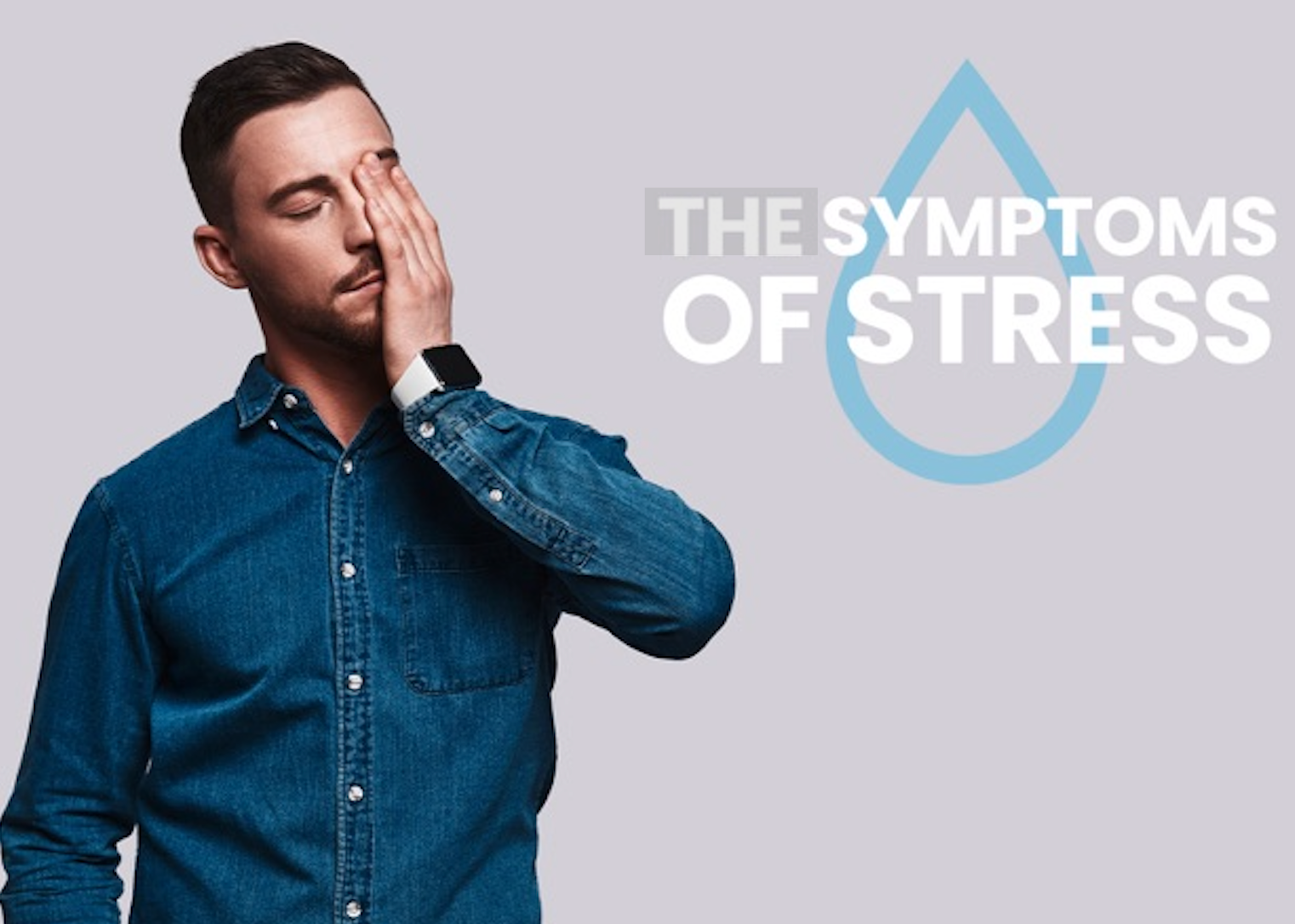While women are at higher risk for bone related conditions, like osteoporosis, bone health is extremely important across the board.
Bones play many roles in the body — providing structure, protecting organs, anchoring muscles and storing calcium. Your bones are continuously changing — new bone is made and old bone is broken down.
When you're young, your body makes new bone faster than it breaks down old bone, and your bone mass increases. Most people reach their peak bone mass around age 30. After that, bone remodeling continues, but you lose slightly more bone mass than you gain.
What Facts Affect Bone Health?
- The amount of calcium in your diet.
- Physical activity.
- Tobacco and alcohol use.
- Size. A very small body frame puts you at higher risk
- Age.
- Hormone levels.
- Eating disorders and other conditions.

Vitamins K2 & D3: Bone Health Dynamic Duo
You most likely have heard of or even supplemented with Vitamin D3 in the past. This well-known vitamin plays numerous roles when it comes to performing bodily functions, giving it a great deal of attention in the world of supplements. What tends to fly under the radar is its counterpart, Vitamin K2. This less-known vitamin is a synergistic powerhouse for both bone and heart health when taken with Vitamin D3.
This pair of vitamins feed off one another in order to optimize their abilities within the body. Vitamin D3 is responsible for removing calcium from the blood, while Vitamin K2 aids with calcium transportation into the bones. The effectiveness of one of these vitamins to be able to carry out its duty without the other present is drastically decreased. In addition to providing bone support, these two essentials prevent mineral buildups within the arteries and veins that can lead to heart complications.
Remember, a supplement is designed to fill a nutritional gap, delivering a daily dose of a specific nutrient that your diet does not provide nor does your body naturally produce sufficient amounts on its own. Getting sufficient sunlight for your body to produce optimal amounts of D3 during the winter time can be challenging, making supplements essential at this time. To stay at the top of your game be sure not to neglect your vitamin and mineral intake, and maximize the efficiency of the ones you are taking daily!
What Else You Can Do For Bone Health
- Include plenty of calcium in your diet.
- Include physical activity in your daily routine. Weight-bearing exercises, such as walking, jogging, lifting weights, and climbing stairs, can help you build strong bones and slow bone loss.
- Avoid substance abuse. Don't smoke. If you are a woman, avoid drinking more than one alcoholic drink each day. If you are a man, avoid drinking more than two alcoholic drinks a day.
The information being presented in this blog is intended to be used as educational or resource information only. It is not intended to be a substitute for medical advice from your healthcare provider. This content should not be used for the diagnosis or treatment of any medical condition. If you have any questions or concerns about your health, please contact your healthcare provider. You should call 911 for all medical emergencies. Revive MD is not liable for any advice or information provided on this blog, which advice or information is provided on an “as-is” basis, and assumes no liability for diagnosis, treatment, decisions, or actions made in reliance upon any advice or information contained on this blog. No warranties, express or implied, are made on the information that is provided.





 Liver & Detox Support
Liver & Detox Support
 Gut & Digestive Health
Gut & Digestive Health
 Hormones, Stress & Metabolism
Hormones, Stress & Metabolism
 Sleep & Relaxation
Sleep & Relaxation
 Heart, Brain & Immune Health
Heart, Brain & Immune Health


